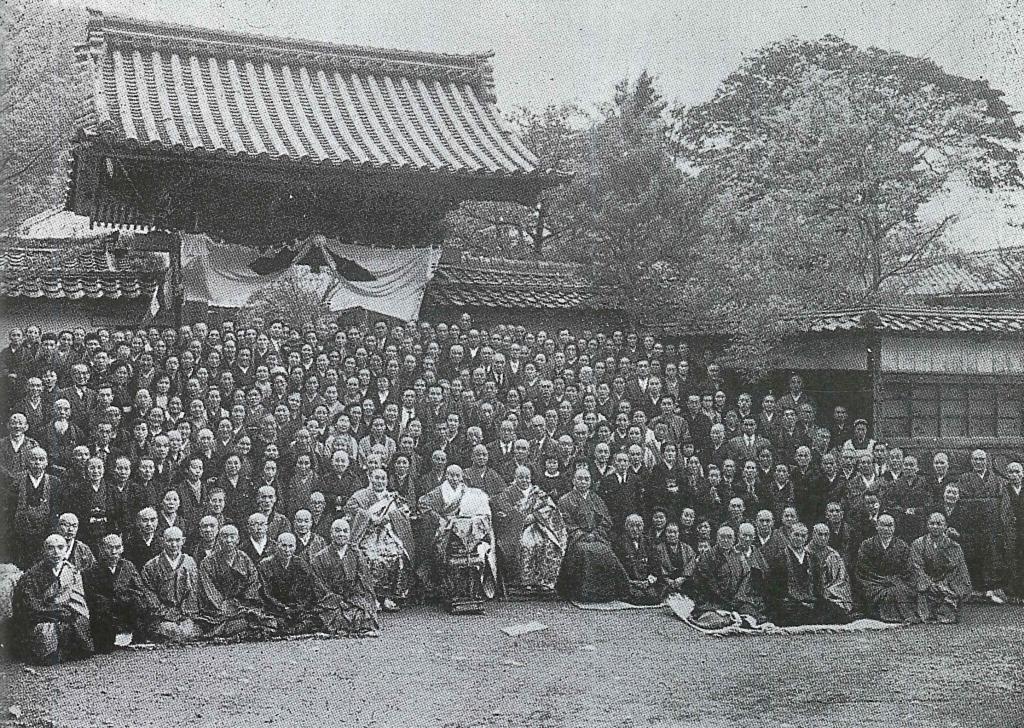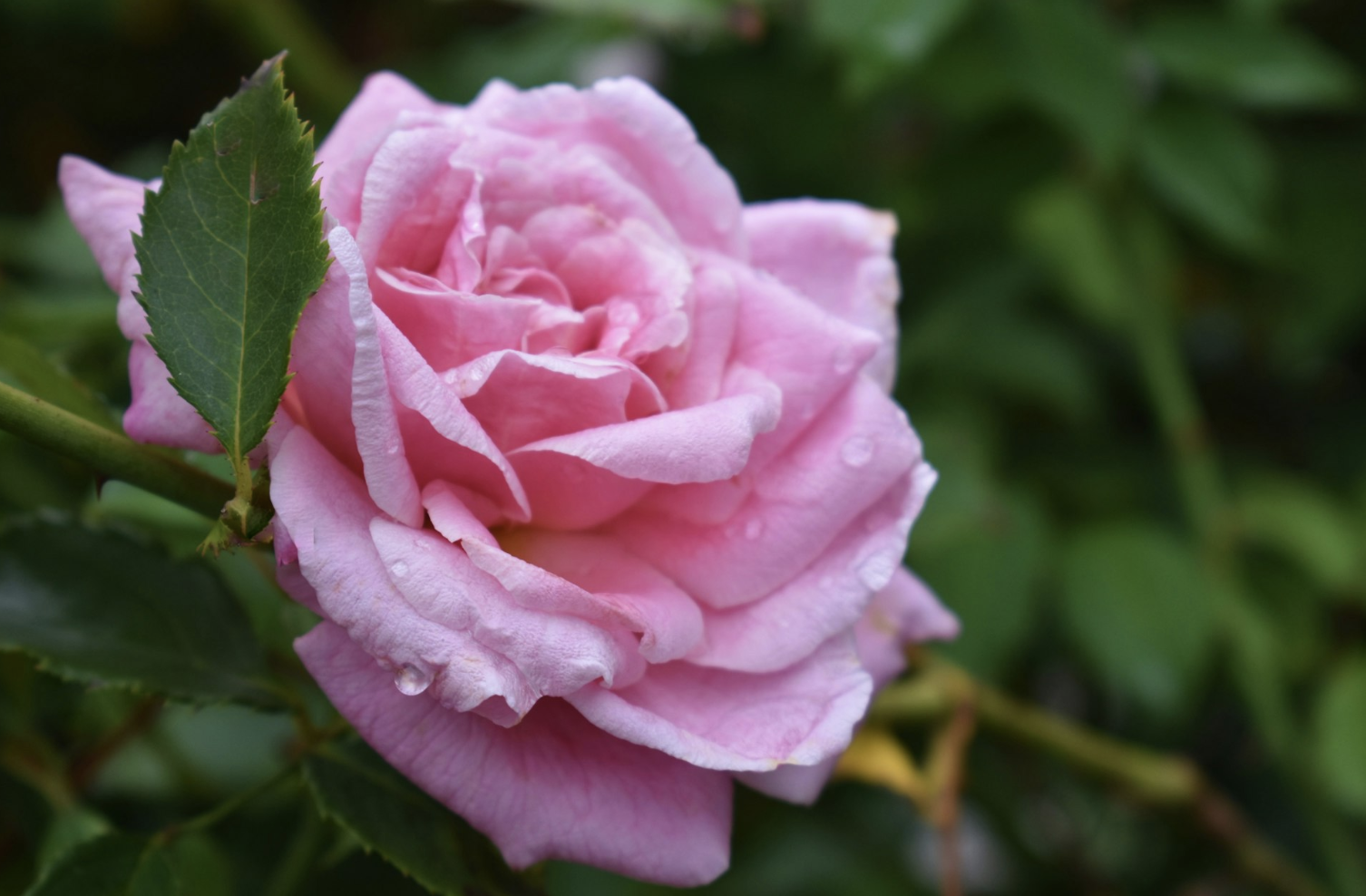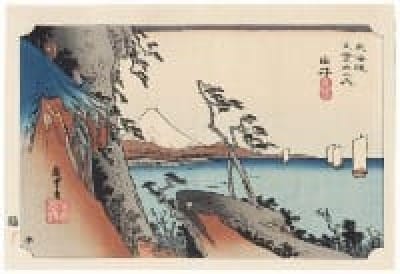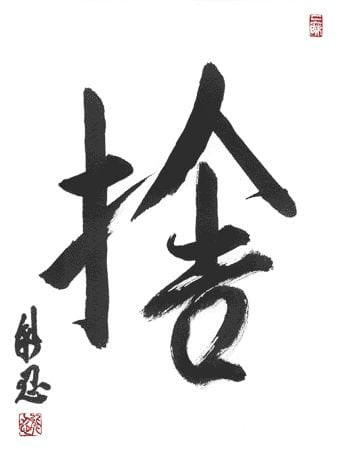Can Householders Really Do The Work of Zen?
You will need to let go of living your life based on fleeting and fickle human feelings. Beyond that, it is really simple. Find teachers with a training program that challenges you to throw yourself into the house of Buddha with wild abandon.

We keep advising our students that householders CAN do this work of awakening and post-awakening training. That we believe this to be true is informed by our experience - we've seen that it is true. So Tetsugan Sensei and I are fully committed to offering Zen training for householders. And rather than take our word for it, we encourage our students to see for themselves, to verify the Great Way through their own intimate body-mind experiences.
Nevertheless, we sometimes see our students holding back, finding excuses, and not throwing themselves fully into the training container - in part, because they have their doubts. They're normal humans, after all. Tetsugan Sensei, in fact, recently quipped that although we are committed to proving that our students can do this work of awakening and post-awakening training, some of them at times seem determined to prove us wrong.
Therefore, in this post, I'll return to the reality of householder training in order to encourage our students and you too, dear reader, to "...let go of making the ground flutter," as Dahui put it, and just wholeheartedly do the work. I'll first address the monastic myth and then sort out what it takes for householders to truly awaken and continue on the Way through post-awakening training. I'll also offer you a three-question assessment for identifying where you might need to focus your householder attention and energy. And I'll conclude with some classical resources that support this positive view of householder training.
Because I've addressed this issue recently in several ways, you will find an especially diverse bouquet of links below.
The myth of the monastery
There is a belief - which is really a myth - that monasticism is one thing and that it is necessarily better than householder practice.
Therefore, in contemporary Zen, householders often get the idea that they're second-class practitioners. This arises because so many of the key elements of our dharma narrative (e.g., almost all koans), after all, occur in a monastic context between monastics. It is important to note, though, that monasticism has undergone a world-wide collapse in the 20th century and now a high percentage of serious Zen students are householders. I estimate greater than 99%.
It's a strange religion where 99% feel like their training is second class!
In any case, if it were true that Zen could only be practiced and verified in a monastic setting, then the end would be near:

However, although Tetsugan Sensei and I are deeply committed to working with our householder students, we hope for a rebound in monasticism. This is due to the quality of practice that is possible (not necessarily a reality everywhere) in the monastic container, and the synergy between the monastic and householder lifestyles that has been vital to the tradition for a long time.
What are the advantages of the monastic lifestyle? Several leap to mind. First, a person can - and may be required to - shut up most of the day. A great deal of energy for the Way is dissipated through the mouth in unnecessary conversations. In many monastic environments, this is largely curtailed. Second, to be surrounded by like-minded practitioners through the day and night while immersed in a strong training container can be incredibly supportive and inspiring. And irritating and maddening - all grist for the mill. Third, the simple volume of zazen practice that can be done is beyond what many householders have space in their lives to do. For example, it looked to me like most practitioners at Bukkokuji were sitting about eight hours a day (that was in the "between-sesshin" periods).
In addition, in most monasteries, students don't have control over how they spend their day. Setting aside "picking and choosing" leaves a great deal of energy for the Way. And a side effect is that it leads to a much more focused life than what most people do as householders. In some monasteries, Zen isn't just one of a whole bunch of responsibilities, interests, and avocations. A Zen monastic's life can be concentrated on the great matter of life-death. And although householders can also set aside picking and choosing and take up the Way of practicing few desires - just fully embracing and sustaining the practice container - there are so many more temptations that are removed from consideration in the monastic environment. The primary virtue of monasticism though, is the opportunity to be within the field of your teacher's practice energy throughout the day.
If you are interested in monastic practice, I recommend Meido Moore Roshi's Korinji:

However, not all monasteries are strong in the above advantages - so if you are considering monastic practice, take a good look at each specific monastic possibility before leaving your householder life. Many Soto monasteries, especially in Japan, do not emphasize awakening and post-awakening training, but serve primarily as "temple priest finishing schools." You might find the monks all looking good for liturgy practice, but behind the scenes at least some of the monks much of the time may be more engaged in the internet - or drinking and/or pornography (seriously) - than the buddhadharma.
For example, at Zuioji, a Soto training monastery in Japan that I trained at in the early '90's, we usually did about forty minutes of zazen a day and worked for about eight hours cleaning the many buildings and spacious grounds. I chopped up a lot of second-hand lumber for kindling. Evening zazen was often "scheduled," but it was almost always cancelled in favor of ceremony practice. The teacher, Ikko Narazaki Roshi, had powerful practice energy, but was seldom present. Because he was well-known in Soto circles, Narazaki Roshi frequently traveled three or more weeks a month to promote Zuioji and to attend to Soto organizational matters. Dokusan with him was not offered regularly, as it isn't at most Soto monasteries. When I requested dokusan, I was told that it was only possible if I was having "some problem" - so it was best to avoid it.
As a householder in Minnesota before Katagiri Roshi's death, I'd had been doing a few hours of daily zazen, almost always with Katagiri Roshi present, and monthly sesshin, as well as sesshin dokusan and weekly practice meetings with Katagiri Roshi. By going to Japan and becoming a monastic, I was looking for a more intensive training experience beyond what I was used to. It became clear to me that what Zuioji offered wasn't that, and so I left (causing an unanticipated stir), making my way to Tangen Harada Roshi's Bukkokuji. To this day, I'm still very happy that I did. Under Tangen Roshi's guidance, the practice at Bukkokuji was more intensive than I had thought was possible.
What does it take to do householder Zen?
What does it take to do what? That is the crucial question. If what you want is to live out this one precious life as a Zen believer and either don't believe in awakening, don't see the connection between wholehearted training and awakening, or prefer to hope that maybe through dumb luck that kensho or even unsurpassed, complete, perfect awakening will roll your way, then the path is wide. Sit a little, read a little, attend a dharma book club, check out some talks on YouTube, go to movie night at your local Zen center. Practice your obstructions again and again under the guise of doing what feels right.
If you want to go deeply, and don't trust your luck, first inform yourself about the possibilities for awakening and post-awakening training and how the stages of the dharma path unfold. You could start here:

But you might wonder, is it really possible for householders today to experience kensho, i.e., taste the truth through an abrupt nondual embodiment?
Yes, it is definitely is possible.
For more, you could start with the article that I wrote for Tricycle a couple years ago, We Are All This Luminous Mind: The Possibility and Importance of Awakening. It includes examples of several householder's awakening experiences.

How to do it?
You will need to let go of living your life based on fleeting and fickle human feelings. Consider the elements above that have been honed over the centuries for monastic practice and consider how to implement the spirit if not the letter in your householder life.
Beyond that, it's really simple. Find teachers with a training opportunities that challenge you to throw yourself into the house of Buddha with wild abandon. Let go of whether you are "in" or "out" and just do it for ten years. Then do ten more. Here on the Vine, we believe we offer the most intensive program available for householders:

In addition, to "...advancing steadily with vigor," as Dogen Zenji put it, you simply must make awakening a high priority, and then embody that priority through the time that you spend sitting, studying, and engaging with others on the path. Aim at making your practice something that you are truly doing twenty-four hours a day through insight-absorption (aka, prajna-samadhi).
If you are already engaged in the path, you might ask yourself three questions:
If you did not shout "Yes!" in response to each of these questions, you now know where to direct your attention. You might begin by sitting quietly and journaling in freewriting style (just keep your hand moving) for five minutes on each of these questions. Then throw yourself into the work, "... letting go of making the ground flutter."
There have always been many householders who have deeply realized the Way
In this final section, I'll share some classical resources in order to assure that you don't leave this post thinking the notion that householders can do this work is a contemporary corruption. Or even just my idea. Fortunately, there are many examples of and teachings for householders, and below I'll just focus on a few.
One of the great stories of an abrupt awakening - one of many that was told repeatedly by old Hakuin Zenji - was about a householder named Heishiro:

Indeed, Dahui Zenji developed the keyword method for koan introspection in large part to enable householders to go deeply into the buddhadharma without doing eight hours of daily zazen. That method continues to be a vital pivot in our work today:

And Dogen Zenji also had his moments of giving clear practice instruction for householders:

And, finally, in Dogen Zenji's "Talk on Pursuing the Way," Q & A 14, we find someone raising just this question about the possibilities of householder practice:
Dogen Zenji offered just this answer:
The old boy said it really well there.
For more on this topic, see:




